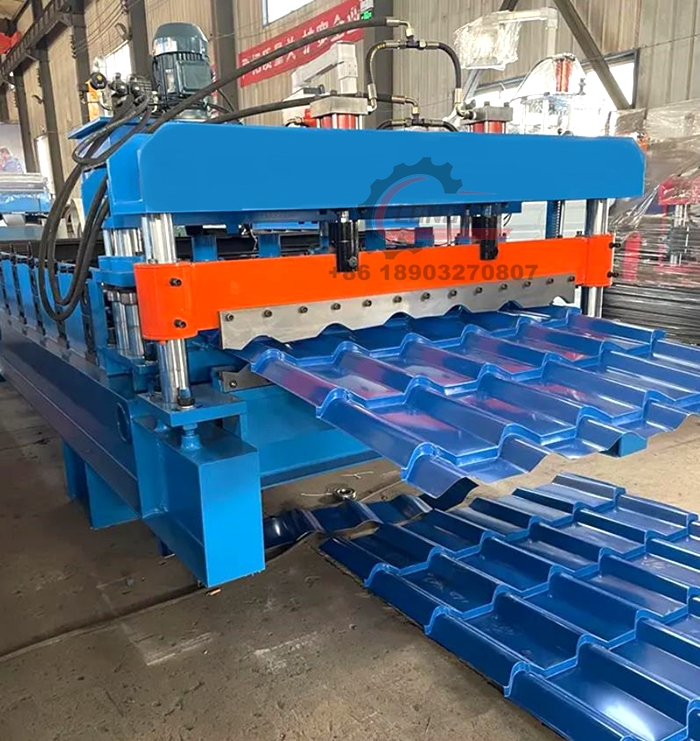Ceiling Channel Roll Forming Equipment for Efficient Construction Solutions
The Ceiling Channel Roll Forming Machine Revolutionizing Construction
In the ever-evolving construction industry, efficiency and precision are paramount. One of the standout innovations in this sector is the ceiling channel roll forming machine. This advanced piece of equipment is designed to produce ceiling channels, which are essential components in creating durable and aesthetically pleasing suspended ceilings.
Understanding Ceiling Channels
Ceiling channels are metal profiles used as structural support for ceiling systems. They not only provide the necessary strength but also contribute to the overall design by allowing for various architectural finishes. These channels can be made from different materials, including steel and aluminum, and are available in various sizes and shapes to meet specific project requirements.
Mechanism of the Roll Forming Machine
The ceiling channel roll forming machine operates on a continuous production process. The raw metal sheets are fed into the machine, where they undergo a series of shaping and bending stages. Using a set of carefully designed rollers, the machine transforms flat metal sheets into precisely formed channels. The rollers ensure that the dimensions are consistent, and the material is shaped without compromising its integrity.
The machine features an automatic control system that allows operators to set specifications for the channel’s dimensions, such as width, height, and thickness. Once set, the machine can produce a large volume of channels with minimal manual intervention, ensuring high productivity.
ceiling channel roll forming machine

Key Advantages
1. High Efficiency One of the most significant advantages of using a ceiling channel roll forming machine is its ability to produce large quantities of products quickly. This efficiency helps reduce labor costs and minimizes material waste, ultimately leading to lower production costs.
2. Precision and Consistency The automated nature of the machine ensures each channel is produced to the exact specifications required. This precision is crucial in construction, where even minor discrepancies can lead to significant project complications.
3. Versatility Roll forming machines can easily be adjusted to produce different channel shapes and sizes. This flexibility allows manufacturers to cater to diverse client needs and changing market demands without investing in new machinery.
4. Durability Channels produced through roll forming processes tend to have superior strength and durability compared to traditional methods. This is particularly important in construction, where the structural integrity of materials is critical.
Conclusion
The ceiling channel roll forming machine represents a significant advancement in construction technology. By streamlining the production process, offering unmatched precision, and delivering high-quality materials, these machines have become indispensable for modern construction projects. As the industry continues to prioritize efficiency and sustainability, the importance of advanced machinery like the ceiling channel roll forming machine will only grow. In the pursuit of building better spaces, this innovation stands out as a key player in shaping the future of construction.
-
Roof Panel Machines: Buying Guide, Types, and PricingNewsJul.04, 2025
-
Purlin Machines: Types, Features, and Pricing GuideNewsJul.04, 2025
-
Metal Embossing Machines: Types, Applications, and Buying GuideNewsJul.04, 2025
-
Gutter Machines: Features, Types, and Cost BreakdownNewsJul.04, 2025
-
Cut to Length Line: Overview, Equipment, and Buying GuideNewsJul.04, 2025
-
Auto Stacker: Features, Applications, and Cost BreakdownNewsJul.04, 2025
-
Top Drywall Profile Machine Models for SaleNewsJun.05, 2025








